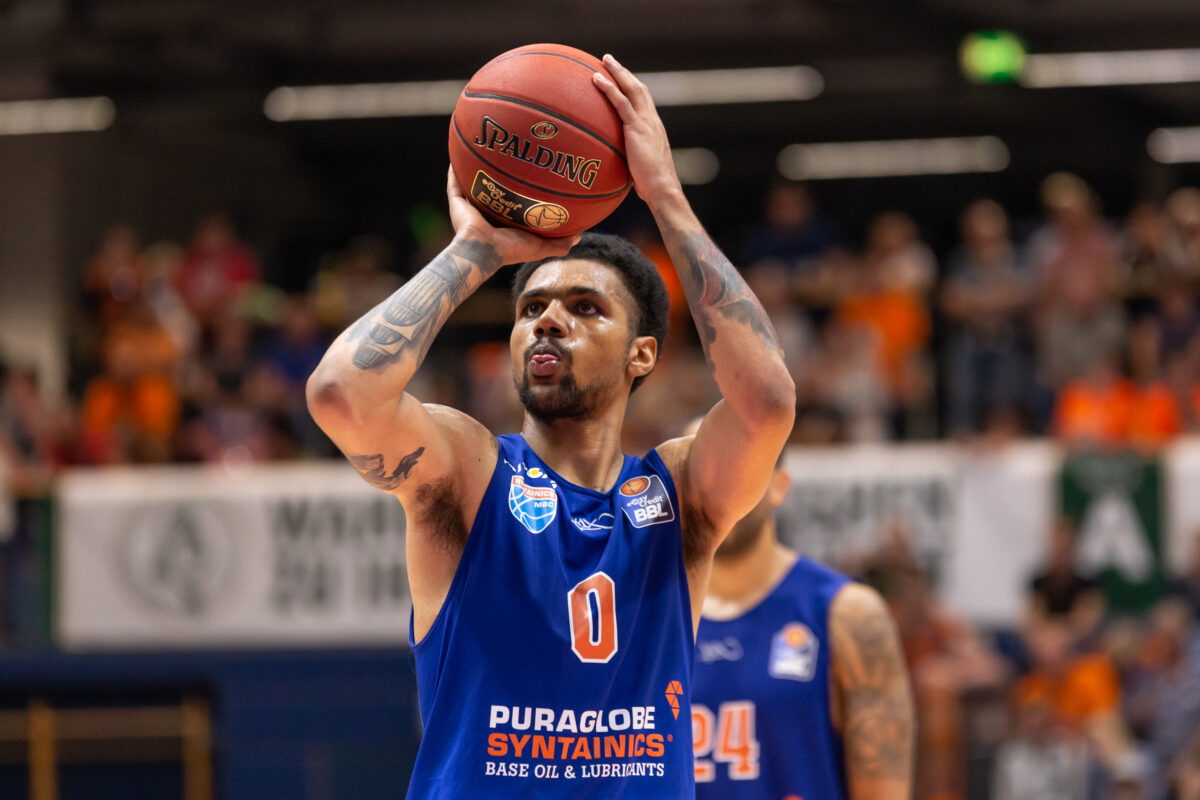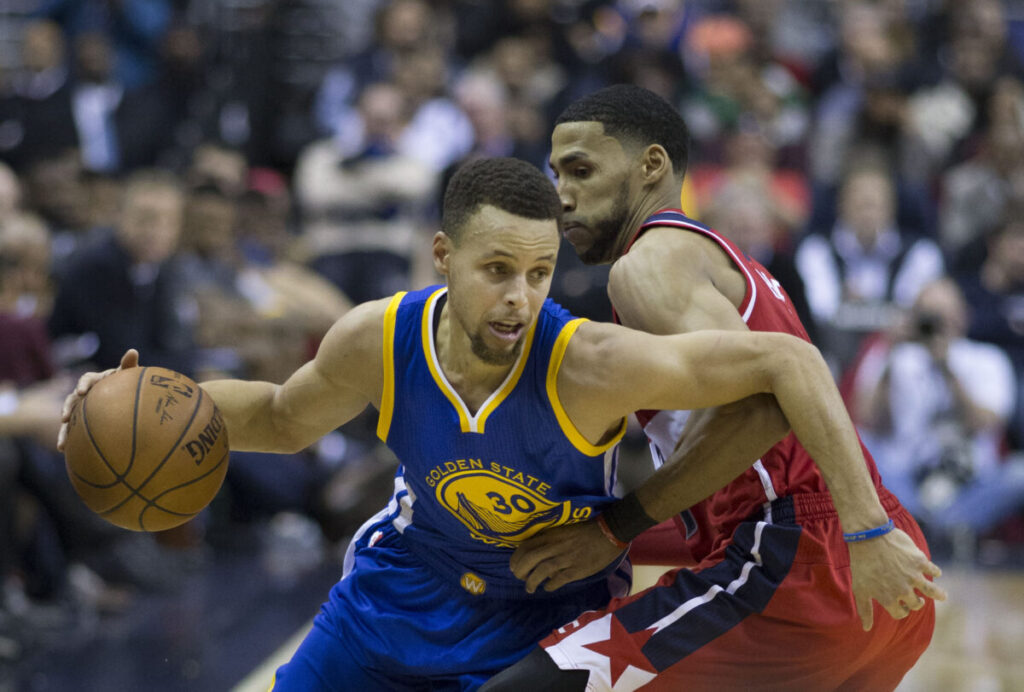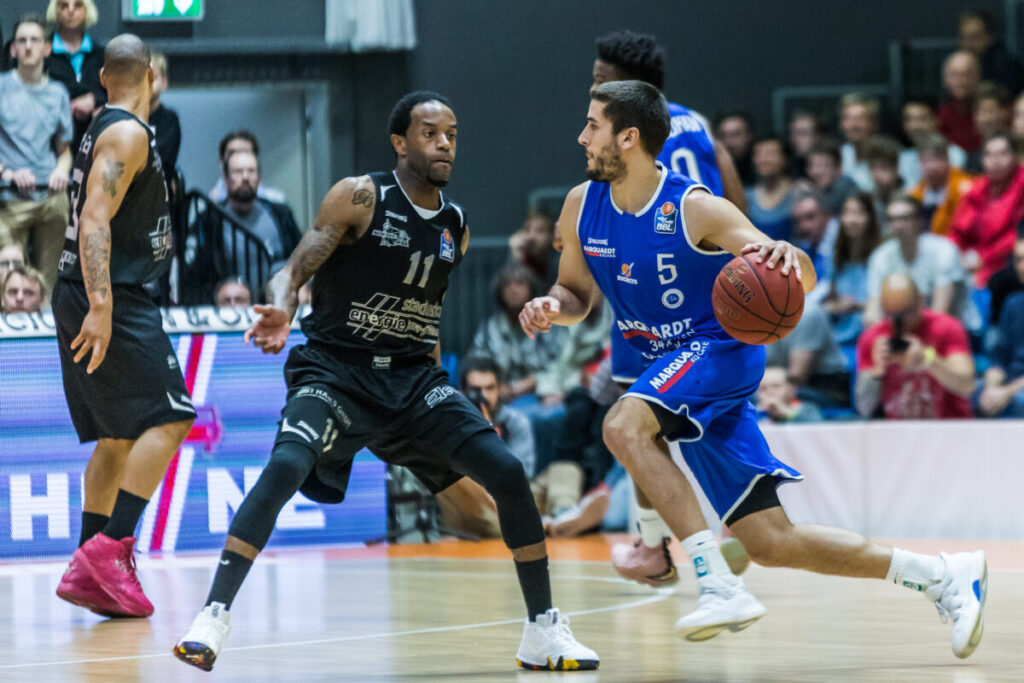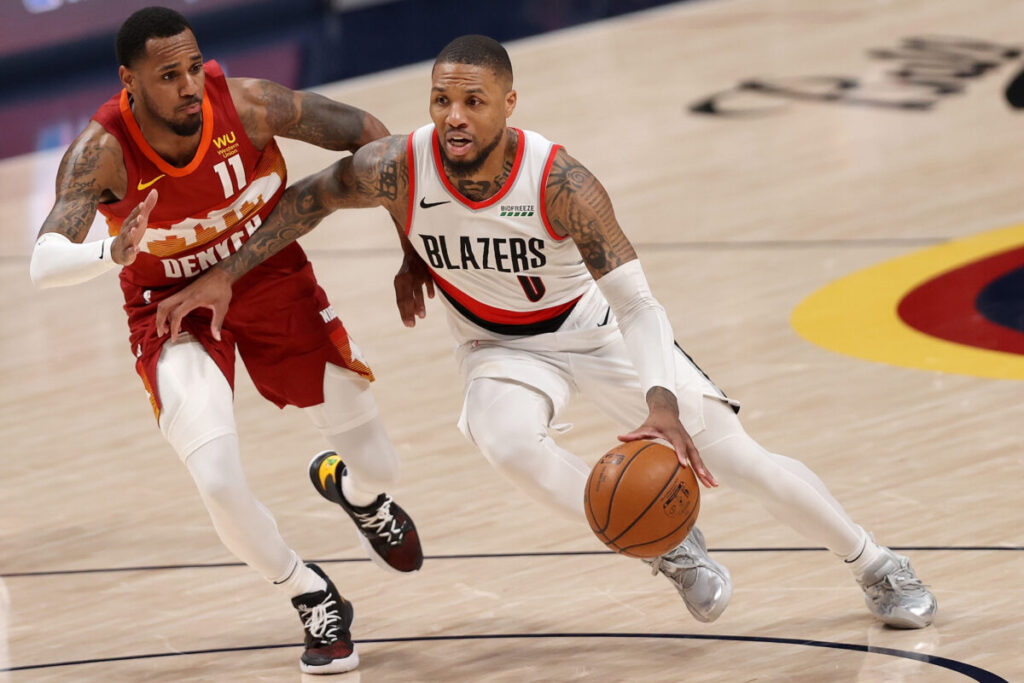
The realm of professional sports has long been associated with physical prowess and skill. However, as the dynamics of sports evolve, there’s a growing recognition of the mental challenges athletes face. The NBA, being a premier basketball league, is no exception. With the spotlight constantly shining on players, they realize the pressures can be immense, both on and off the court. This has led to an increasing emphasis on mental health within the league.
The NBA’s Proactive Approach to Mental Health
The NBA has been progressively acknowledging the significance of the mental facet of the game. This acknowledgment is evident in the league’s initiatives and the steps taken by the organization and individual teams. A standout moment that highlighted the importance of mental health support in the NBA was during the Lakers’ victory in the 2010 NBA championship.
Amidst the celebrations, Metta World Peace candidly thanked his psychiatrist on live television, emphasizing the emotional challenges players face during high-stakes events like the playoffs. Such moments have played a pivotal role in destigmatizing mental health discussions within the league. In fact, nearly half of the NBA’s 30 teams have psychologists either on staff full-time or available as consultants, showcasing the league’s commitment to its players’ mental well-being.
Prominent Cases Highlighting the Need
Keyon Dooling’s story and Metta World Peace’s candid acknowledgment are just the tip of the iceberg when it comes to NBA players discussing their mental health. Dooling believes that without the therapeutic support he received during the 2010 playoffs, the Lakers might not have secured their championship.
Similarly, the Dallas Mavericks have recognized the importance of mental skills training, having had psychologist Don Kalkstein on their staff for over 15 years. Kalkstein’s role goes beyond addressing personal challenges; he also focuses on enhancing players’ mental performance on the court.

Antawn Jamison’s experience as a rookie further underscores the importance of psychological support. Navigating the challenges of a new environment, coupled with the pressures of performing at an elite level, can be overwhelming. For Jamison, having access to a team psychologist during his rookie season was instrumental in helping him manage these pressures. He credits this support as a significant factor in his successful 16-season NBA career.
The Stigma Surrounding Mental Health in Sports
While NBA players compete at the highest level of sport and are constantly in the public eye, the stigma surrounding mental health is not exclusive to professional athletes. Growing up in competitive environments, many young athletes are taught to suppress their emotions and not show any signs of “weakness.” This mindset can be detrimental, as it discourages individuals from seeking help when they face mental health challenges.
Players like Kelly Oubre Jr. have spoken about the cultural pressures they faced, where mental health issues were perceived as signs of weakness. Oubre Jr. emphasized the internal struggles athletes go through, stating, “We face a lot more adversity and a lot more problems and struggles as a normal human being. It’s a little bit more amped up, we just can’t show it.”
The NBA’s Concrete Steps Towards Mental Health Support
The NBA has been proactive in addressing the mental health needs of its players. Before 2018, the league had a more relaxed approach, allowing individual teams to decide how they wanted to address mental health and wellness. However, recognizing the growing need, the NBA introduced significant changes.
The Dallas Mavericks were pioneers in this area, being the first NBA team to hire a full-time psychologist, Dr. Don Kalkstein. By 2018, the NBA had launched an independent program, NBA Cares, aimed at addressing mental health issues, particularly depression and anxiety among players.
Mental health is an important issue that affects everyone, especially elite athletes who are under great pressure and demand. The NBA has been one of the pioneering leagues in recognizing and addressing this problem, offering resources and support to its players and coaches. Some… pic.twitter.com/6F6dMrQ3Yv
— EnigmaEpic (@EnigmaEpic22) September 17, 2023
NBA Commissioner Adam Silver acknowledged the mental health challenges players face, stating, “What strikes me is that they’re truly unhappy, a lot of these young men are genuinely unhappy.” To further institutionalize support, the NBA mandated in the 2019-2020 season that all 30 teams must have at least one full-time licensed mental health professional on staff. This move, along with other initiatives, underscores the NBA’s commitment to ensuring the mental well-being of its players.
The Role and Benefits of Sports Psychiatry for Athletes
Sports psychiatry has emerged as a specialized field that addresses the unique mental health needs of athletes. While traditional psychiatry focuses on diagnosing and treating mental disorders, sports psychiatry delves deeper into the specific challenges faced by athletes, such as performance anxiety, coping with injuries, and managing the pressures of high-stakes competition.
Dr. Kensa Gunter, a licensed sports psychologist, and Certified Mental Performance Consultant, highlights the dual role of sports psychiatrists in addressing both mental health and performance enhancement. By working closely with athletes, these professionals can offer tailored interventions that not only help players manage personal challenges but also optimize their mental game.
Techniques such as visualization, mindfulness, and cognitive-behavioral strategies are employed to enhance focus, resilience, and overall mental toughness. The ultimate goal is to ensure that athletes are mentally equipped to handle the rigors of competition while also maintaining their overall well-being.
Current NBA Initiatives and Requirements
The NBA’s commitment to mental health is evident in its ongoing initiatives and requirements set for its teams. One of the significant steps taken by the league is the introduction of mandatory health and wellness meetings for team owners, coaches and general managers. These meetings emphasize the importance of mental health and ensure that teams are equipped with the necessary resources to support their players.

Additionally, the NBA has set new rules requiring teams to have licensed mental health professionals on staff. This move ensures that players have immediate access to professional help when needed. The league also places a strong emphasis on maintaining privacy and confidentiality, ensuring that players can seek help without fear of public disclosure.
The NBA’s Mind Health program, as described by Dr. Kensa Gunter, serves as a comprehensive platform that aims to educate and raise awareness about mental health across the entire NBA family. Through these initiatives, the NBA is setting a gold standard in sports for addressing and prioritizing mental health.
Breaking Down the Barriers: NBA Players Speak Out
The NBA’s efforts to prioritize mental health have been bolstered by the courage of its players who have chosen to speak out about their personal struggles. Players like Kevin Love and DeMar DeRozan have been vocal about their battles with anxiety and depression, shedding light on the often overlooked mental challenges faced by professional athletes.
Their candidness has not only helped in destigmatizing mental health issues within the league but has also encouraged other players to seek help. By sharing their stories, these players have underscored the message that mental health challenges can affect anyone, regardless of their status or success. Their openness has also highlighted the importance of having a support system, both professionally and personally, to navigate these challenges.
The Broader Impact: Changing the Narrative in Professional Sports
The NBA’s proactive approach to mental health is not just about individual players; it has broader implications for the world of professional sports. As one of the premier sports leagues globally, the NBA’s initiatives set a precedent for other organizations. The emphasis on creating mental health awareness, the introduction of mandatory wellness programs, and the hiring of licensed professionals are practices that can be emulated by other leagues.

Moreover, the open dialogue initiated by the NBA and its players serves as a catalyst for change, encouraging other athletes from various sports to come forward and share their experiences. The ripple effect of the NBA’s efforts can lead to a more holistic approach to athlete well-being, where mental health is given as much importance as physical fitness.
Current NBA Initiatives and Requirements
The NBA’s commitment to taking care of the mental well-being of its players and staff is evident in its comprehensive initiatives and stringent requirements. Recognizing the importance of a holistic approach to health, the league has introduced mandatory health and wellness meetings for team owners and general managers. These sessions emphasize the significance of mental health, ensuring that the top management of each team is well-informed and aligned with the league’s vision.
Furthermore, to ensure that players have immediate access to professional mental health services and support, the NBA has mandated that all teams must have at least one full-time licensed mental health professional on staff. This move underscores the league’s dedication to providing its players with the best possible resources. Additionally, the NBA places a strong emphasis on privacy and confidentiality. Players can seek help, discuss their challenges, and undergo therapy with the assurance that their concerns will remain private, fostering a safe environment for open dialogue.
The Role and Benefits of Sports Psychiatry for Athletes
In the high-pressure environment of professional sports, the mental aspect often plays as crucial a role as physical prowess. This is where sports psychiatry comes into play. Unlike traditional psychiatry, which focuses on diagnosing and treating mental disorders, sports psychiatry is tailored to address the unique challenges faced by athletes.

These can range from performance anxiety and managing the pressures of competition to coping with injuries and personal challenges off the court. Sports psychiatrists offer a dual approach, addressing both mental health concerns and performance enhancement. Techniques such as visualization, mindfulness, and cognitive-behavioral strategies are employed to bolster an athlete’s mental resilience and focus.
By working closely with players, sports psychiatrists can provide tailored interventions that not only help athletes navigate personal challenges but also optimize their mental game, ensuring they are at their best both on and off the court.
Final Words
The mental well-being of athletes is as crucial as their physical health, and the NBA’s proactive approach to addressing this aspect is commendable. By integrating sports psychiatry into the league’s framework, the NBA is not only ensuring the holistic well-being of its players but also setting a precedent for other professional sports organizations.
The open dialogue initiated by the NBA, combined with its comprehensive initiatives, underscores the importance of mental health in the high-pressure world of professional sports. As the narrative around mental health continues to evolve, the NBA’s efforts serve as a beacon, highlighting the significance of a balanced approach to athlete well-being.
Frequently Asked Questions
Do professional sports teams have sports psychologists?
Yes, many professional sports teams, including those in the NBA, have sports psychologists on staff or available as consultants. These professionals play a vital role in addressing the unique mental challenges faced by athletes, ranging from performance anxiety to personal issues.
What is basketball psychology?
Basketball psychology focuses on the mental aspects of the game, helping players optimize their on-court performance and cope with the pressures of competition. It encompasses techniques like visualization, mindfulness, and cognitive-behavioral strategies to enhance focus, resilience, and overall mental toughness.
How much do NBA team psychologists make?
NBA team psychologists, given their specialized skills and the crucial role they play in supporting elite athletes, often have competitive salaries. While the exact amount can vary based on experience, qualifications, and the specific team, NBA psychologists typically make in the vicinity of $100,000 a year or more.
Sources
1. thefamilycenter.tv – The NBA’s Sports Psychiatry Program
2. theathletic.com – Why the NBA got serious about mental health
3. mentalhealthtodayshow.com – Mental Health And Sports Psychology In The NBA With Dr. Alex Auerbach
4. nba.com – How the NBA is Continuing the Conversation Around Mental Health





